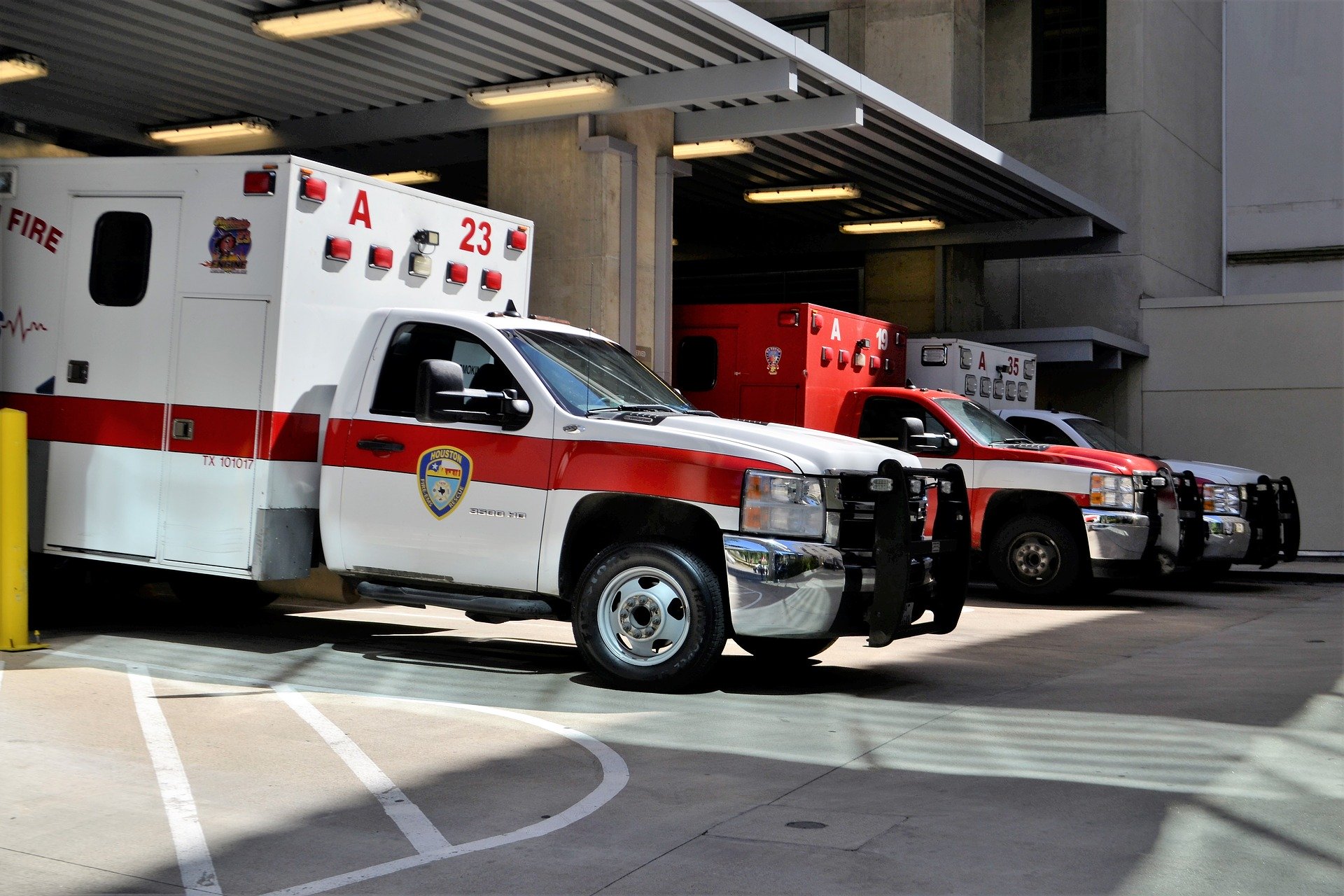The overdose crisis in BC continues to affect families but what about the first responders or paramedics that take those calls?
Robert Parkinson is the Health and Wellness Director of the Ambulance Paramedics and Emergency Dispatchers of BC who told MyPGNow.com the volume of overdose calls they get are the highest they’ve ever been.
“We have never had them at the levels we have today. The experience people are going through, the fact that they are having cardiac arrests while they are doing overdoses on a person for the second time that day, there are pressures that are mounting that we haven’t seen like we are seeing them now.”
Deb Trumbley is the Northern Director of Patient Care Delivery for BC Emergency Health Services who outlined the overdose call volume in Prince George.
“We respond to about 50 potential calls for overdoses each month in Prince George and the community had close to 10,000 medical emergency events last year and overdose calls resulted in about 6% of the total call volume for paramedics.”
Trumbley explained how they prepare for these calls and what support is available.
“When higher volumes of calls are expected such as cheque days, we put more managers and supervisors out to support our paramedics. BCEHS’ Critical Incident Stress Program is a peer program that we encourage paramedics to take advantage of if they need support.”
Parkinson admits more first responders are needing some form of mental health support than ever before.
“We are seeing more people coming forward asking for help. The numbers are increasing drastically over the last three or four years and that might be partly due to the fentanyl crisis and I do believe there is a big impact on that.”
He states the public health emergency in BC is not just a big-city problem.
“This is an issue that’s throughout BC, even in small towns and with the increase in frequency what we are also seeing is exposure to people that we know, those kinds of impacts are really significant on our members.”
Parkinson adds more of these workers are suffering from “compassion fatigue” where in some cases, the patients who are saved are telling first responders to “get lost”.
“One is more of a moral dilemma where we have compassion fatigue. So when you’re responding to multiple overdoses in a day or the same individual, when they wake up, they might be abusive and tell you to get lost, after a while that wears.”
Parkinson states a good resource for mental health support is the BC First Responders Mental Health website, where he sits on the steering committee.
“There are 26 best practices that can be found for organizations on that website so yes, that is one of our good resources where we pool our knowledge and understanding what we are doing right in certain areas and we try and share that with all the first responders in BC.”
In addition, all BCEHS paramedics are eligible for up to 12 sessions with a clinical counsellor through the Critical Incident Stress program, at no personal cost.
Last year, 981 illicit drug deaths were recorded in BC with 25 of those occurring in Prince George according to the BC Coroners Service.
In the Northern Health Region, 67 illicit drug toxicity deaths were recorded in 2019, a decline from 2018 where the mark was 98.
Something going on in the Prince George area you think people should know about?
Send us a news tip by emailing pgnews@vistaradio.ca.








